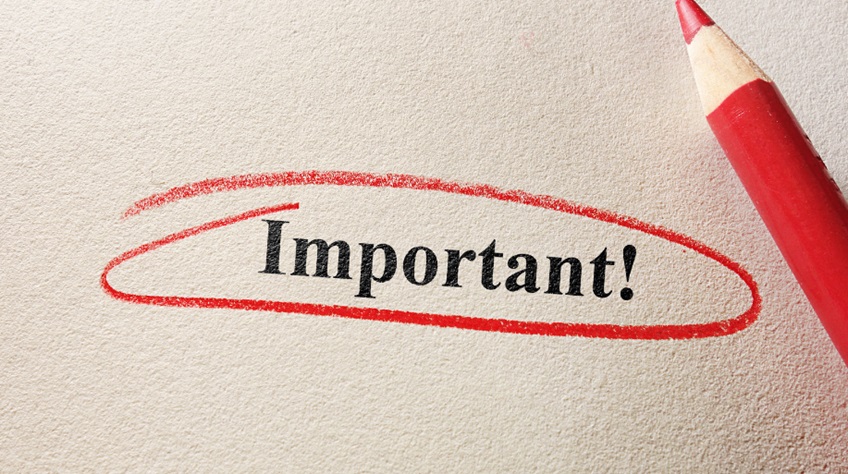While many people may be familiar with the term HVAC, which stands for heating, ventilation, and air conditioning, not everyone understands the importance of proper ventilation in these systems. Ventilation plays a crucial role in maintaining healthy indoor air quality, improving energy efficiency, and ensuring the overall effectiveness of HVAC, so let’s take a closer look at why proper ventilation is so important.
Indoor Air Quality
Indoor air quality refers to the level of pollutants and contaminants in the air inside a building. Poor indoor air quality can lead to a variety of health issues, such as headaches, dizziness, respiratory problems, and allergies. HVAC systems are responsible for providing adequate ventilation to remove these contaminants from the air and bring in fresh outdoor air.
Without proper ventilation, pollutants, and moisture can build up inside a building, leading to the growth of mold and bacteria. These microorganisms can cause respiratory problems and aggravate existing health conditions. In extreme cases, poor ventilation can even lead to sick building syndrome, where occupants experience health issues due to prolonged exposure to indoor pollutants.
Energy Efficiency
Proper ventilation is essential for maintaining energy efficiency in HVAC systems. During the heating or cooling process, air is circulated throughout the building, bringing in fresh air and expelling stale air. Inadequate ventilation can cause HVAC systems to work harder and consume more energy to maintain a comfortable temperature.
In addition, proper ventilation helps regulate humidity levels inside a building. High humidity levels can make a space feel stuffy and uncomfortable, while low humidity levels can lead to dry skin, respiratory irritation, and increased static electricity.
Overall Effectiveness of HVAC Systems
Proper ventilation is crucial for ensuring the overall effectiveness of HVAC systems. Inadequate ventilation can lead to uneven temperatures throughout a building, resulting in hot or cold spots. This can make occupants uncomfortable and cause them to adjust thermostats, leading to higher energy consumption.
In addition, proper ventilation helps maintain a consistent flow of fresh air throughout the building. This is especially important in large commercial buildings with many occupants. Without proper ventilation, CO2 levels can increase, leading to headaches and drowsiness among occupants.
Conclusion
Proper ventilation plays a crucial role in maintaining healthy indoor air quality, improving energy efficiency, and ensuring the overall effectiveness of HVAC systems. When designing and operating HVAC systems, it is essential to consider ventilation as a critical component. It is equally important to seek a professional for HVAC in Manassas, VA, to help maintain proper ventilation levels and ensure the optimal performance of your system. This way, you can ensure a comfortable and healthy environment for building occupants while also reducing energy consumption. So next time you think about HVAC, don’t forget the “V” for ventilation!




